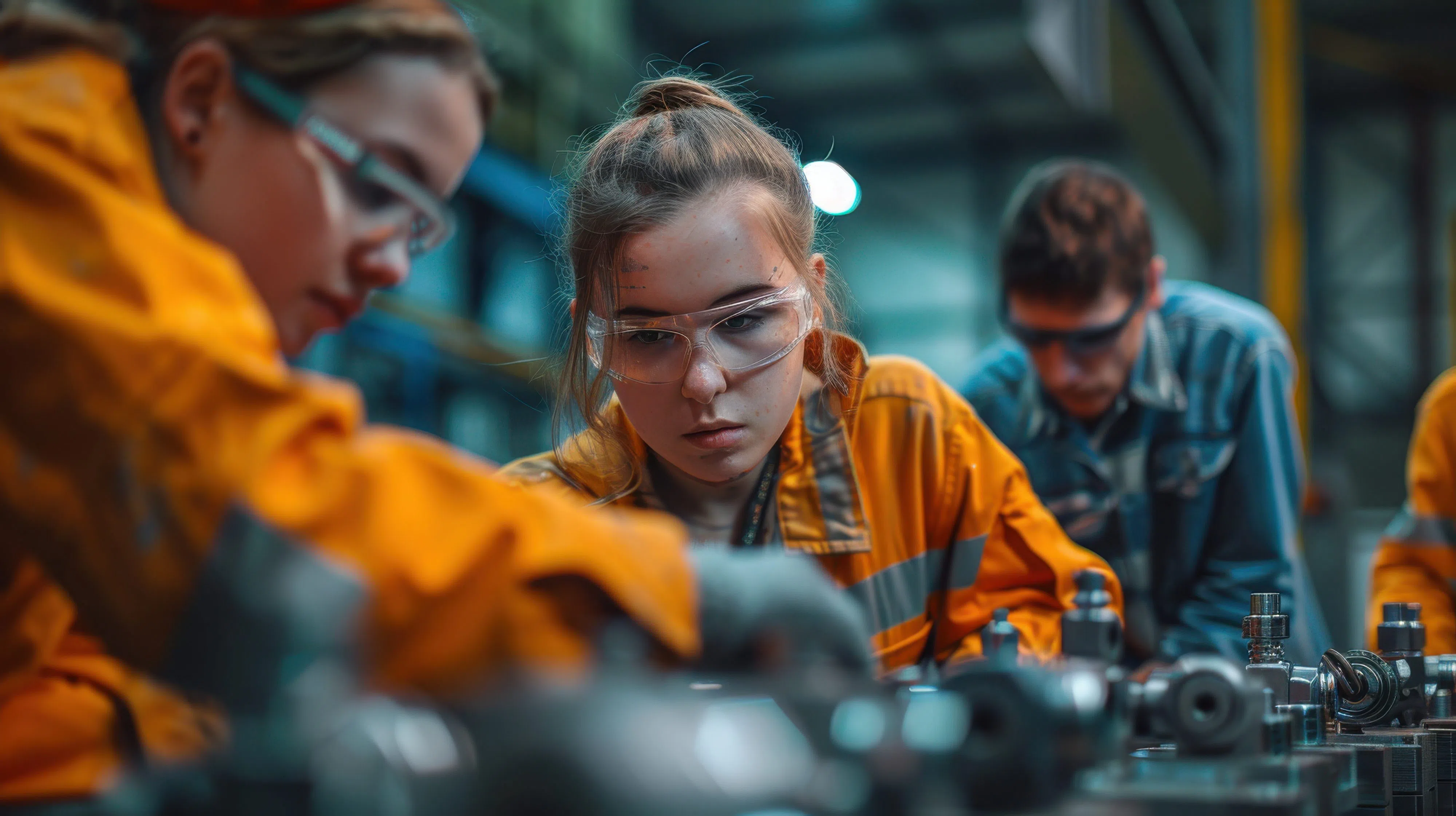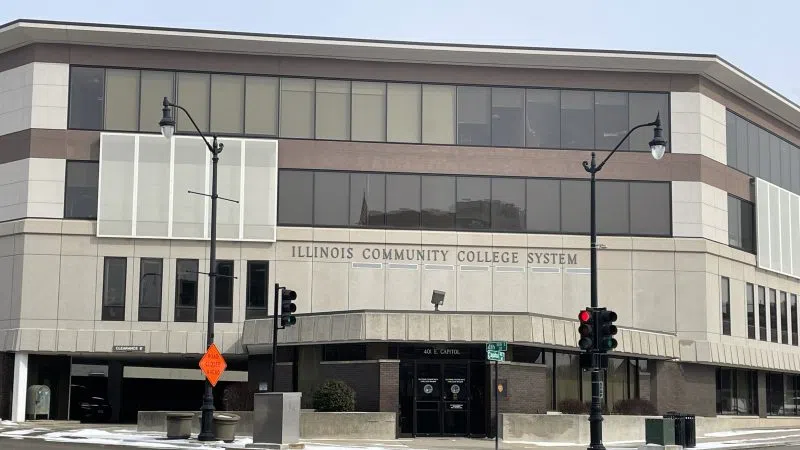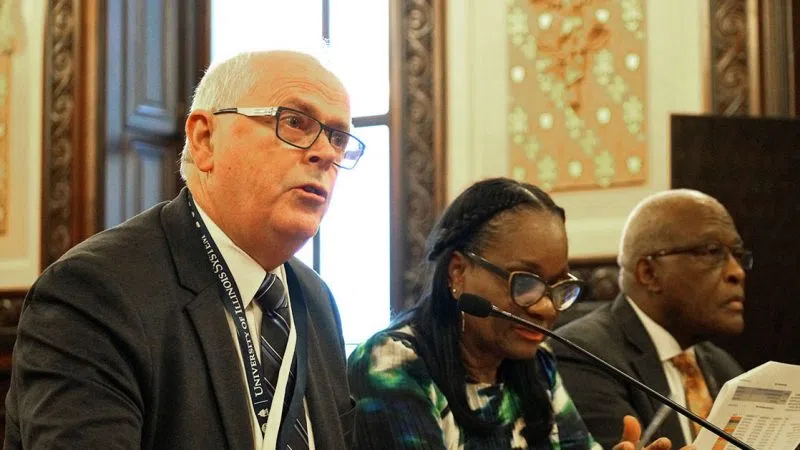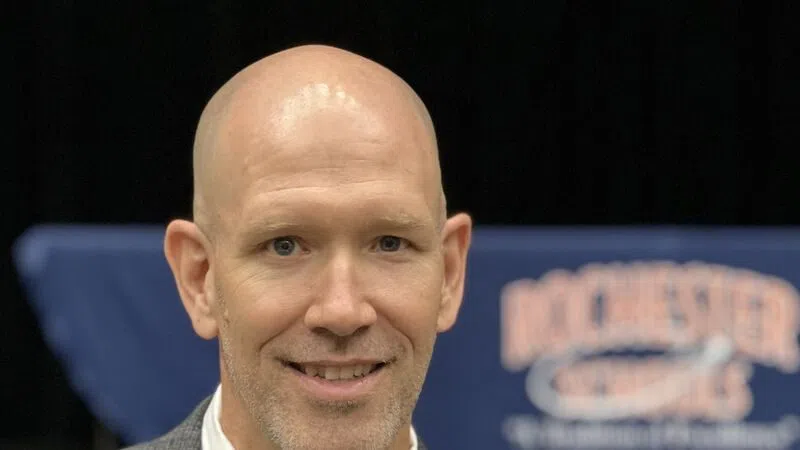Judith Ruiz-Branch
A new report shows Illinois youth now have more apprenticeship and internship opportunities, with an increase in women and minority participation but significant disparities in representation remain.
The study by the workforce development organization SkillsUSA and Northern Illinois University found the number of women in apprenticeships has doubled since 2019.
Jason Klein, senior director of learning partnerships at Northern Illinois University, said apprenticeship and internship opportunities for women are often low-paying or unpaid, which can limit their options in the workforce.
“That really limits student access to them,” Klein explained. “Lots of students then have to choose between an internship or a paid job doing something else, which may not be contributing towards their movement forward within a desired career pathway.”
Klein added research also shows internships and apprenticeships can increase wages for students by as much as 115%.
Illinois had more than 20,000 active registered apprentices in 2024, with 75% of them in the construction industry. Klein noted the increase is partially due to College and Career Pathway Endorsements and the state’s Post-Secondary and Workforce Readiness Act.
However, he pointed out only a small percentage of students benefit from the opportunities.
“This is still relatively new policy,” Klein stressed. “Given that, to what degree does educational leadership and community leadership impact this? So there’s a lot of room for us to continue to study this and we hope to be able to do that.”
Klein emphasized they want to study more districts offering a high number of work-based learning opportunities, since typical indicators of success like funding, location and size were inconsistent. He added better data collection is needed to help understand how schools can improve what they offer to students.
“We know that human beings learn best when the learning is not only super engaging, but deeply meaningful to them personally,” Klein observed. “The best way to do that is by making learning authentic. That’s, I think, the biggest argument for why this work needs to take place.”
Support for this reporting was provided by Lumina Foundation.








Comments